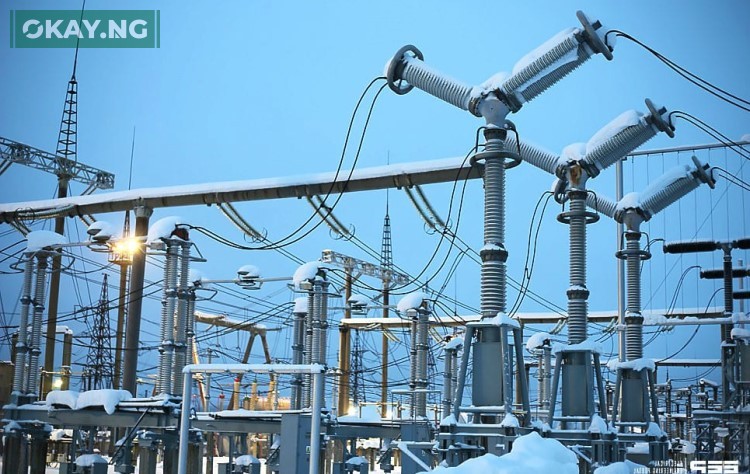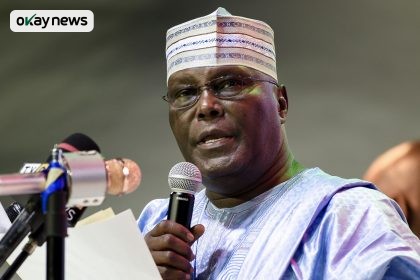The electricity situation in Nigeria has shown signs of gradual improvement across different regions, though the rising costs of power remain a major source of concern for citizens. Findings across several states, including Lagos, Ogun, Bayelsa, Delta, Osun, Akwa Ibom, and parts of Yobe, suggest that households and businesses are experiencing more stable power supply compared to recent years.
However, in states such as Sokoto, Ekiti, Yobe, and even the Federal Capital Territory, residents say the supply remains epileptic, with some communities enduring weeks of blackouts.
Tariffs Burden Consumers
The Nigerian Electricity Regulatory Commission (NERC) introduced the Service-Based Tariff regime in October 2023, dividing consumers into Bands A to E based on average daily hours of supply. Band A customers are entitled to 20 hours daily, while Band E customers get as little as four.
In April 2024, NERC raised the tariff for Band A customers sharply, from about N66–N68 per kilowatt-hour to N225. Band B also increased slightly from N63 to N67 per kilowatt-hour. This development has left many Nigerians struggling to pay their bills despite the improvement in power supply.
A Lagos resident, Akeem Adeyemi, said he opted out of grid electricity entirely:
“When they placed our building on maximum demand, the bills became too high. I could not cope, so I had to tell them to disconnect my house. Now we fuel generators, which is cheaper. They gave us over N150,000 in a month for what we don’t use at all.”
okay.ng reports that other Lagos residents, such as community leader Rasheed Lawal and trader Asmau Ibrahim, acknowledged the improvement but still complained about the heavy cost burden.
Mixed Outcomes Across States
Bayelsa: Supply improved after vandalised transmission towers were repaired, with residents attributing the progress to state government intervention.
Delta: Warri and Effurun residents said they now use fewer generators, saving costs for small businesses.
Ogun: Some communities, such as Ijebu Ode and Abeokuta North, enjoy improved power, while others like Sawonjo remain in darkness for nearly three years.
Akwa Ibom: Supply remains inconsistent due to frequent tripping of the Aba-Itu transmission line.
Abuja: Residents lamented receiving less than 10 hours of supply despite higher tariffs, blaming Abuja Electricity Distribution Company (AEDC).
Yobe & Sokoto: Consumers decried unreliable supply, accusing distribution companies of poor management.
Expert View
An energy analyst, Azeez Wasiu, noted that the increased distribution of prepaid meters has improved transparency and stability, but he insisted Nigerians should embrace consumption control.
“The widespread distribution of prepaid meters is one of the main reasons for the improved grid stability. With prepaid meters, we are fully in control of how much electricity we use and pay for.”







